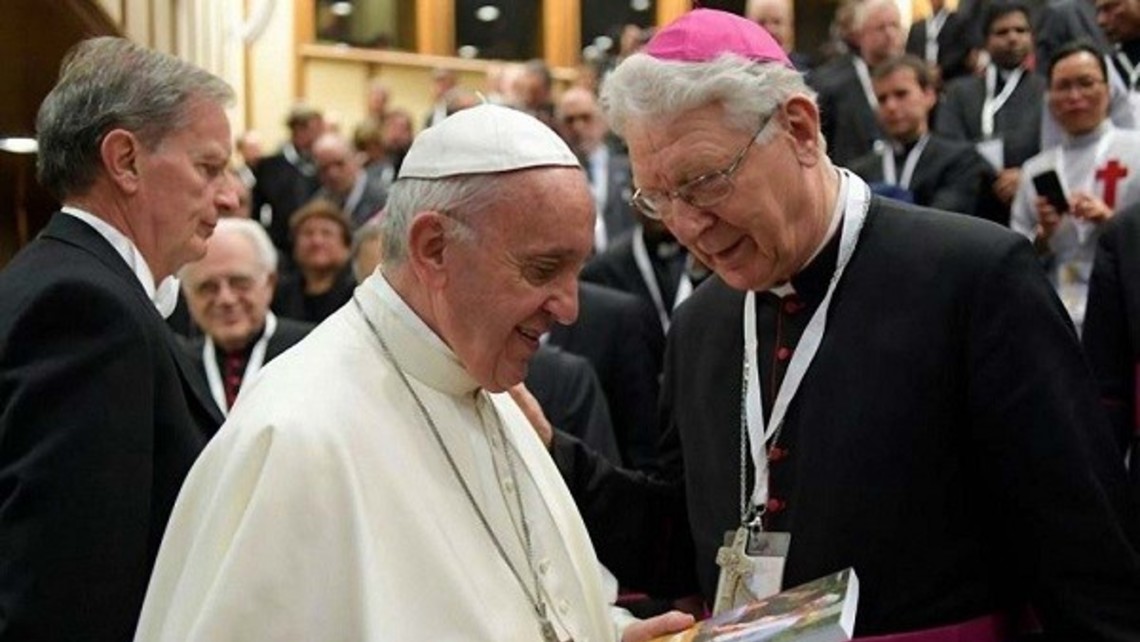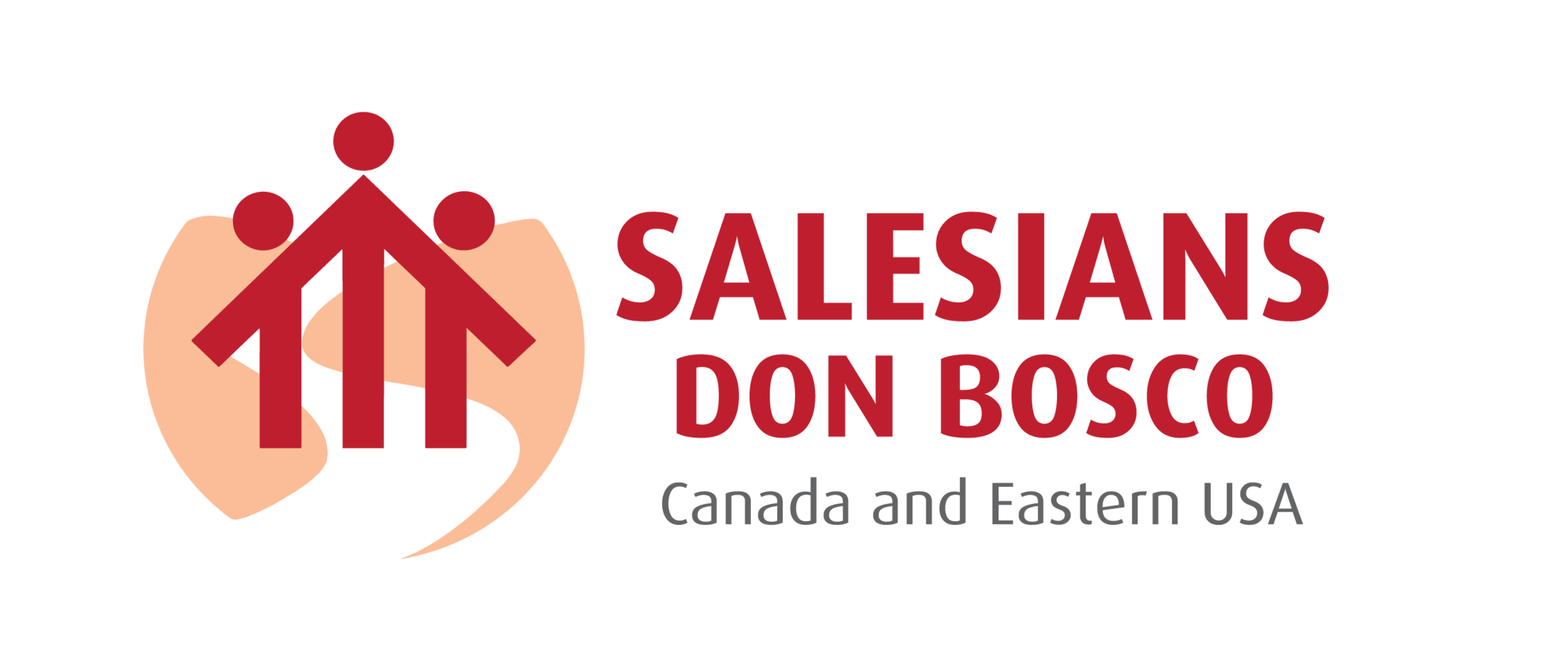
(AustraLasia – Vatican City – October 16) – Bishop Luc Van Looy, SDB, bishop of Ghent, Belgium, is among the participants in the Synod of Bishops. For 20 years a missionary in South Korea, and another 20 years a member of the Salesian general council, at the Synod he spoke on the specifically Salesian theme of accompaniment.
Good afternoon, dear Holy Father and brothers and sisters, boys and girls.
I would like to speak about the art of accompaniment. It is a task for every day. Great and saintly educators tell us that the basic rule for accompanying young people is to be present in their lives at all times. Rather than seeing this as controlling, it is the way to friendship and trust, to share the life of children and youths. This may sound like the control on their behavior; instead, it is the way to friendship and trust, to make them feel free at home with us.
How else would we find out who they are and what they need? How else would we get to know how they relate to adults, to their peers, and to institutions? How would we prevent them from being lured into circles which would do more harm than good? How would we teach them to stay away from evil? How could we find out what the Spirit of God is telling them? How would they learn from us how to pray?
I think of Jesus as he spent all his time with the disciples. He knew how they related to one another. When they needed help, he took them aside for just a while, as he did with Peter. For him, the disciples and the people were his holy ground.
To have a thorough idea of a person, it will be important to get the community involved. In guiding young people, we are not alone. Everyone in a community, be it in school, institution, or parish, will have a feeling about a young person. Therefore, if for example, we need a decision on a vocation, not only the opinion of the professors in the seminary or of the superior is important; also the parish priest, the catechists, the cook, the men and women in the community of the candidate should be heard.
In Belgium, I admire educators in schools who welcome the students at the door of the premises every morning. I see them on the playground talking with the students; they are again at the gate when they leave for home. They are simply present at all times. They know their sheep, and the sheep know them, just as Jesus did. I see priests going out to the people all the time; on Sunday they are at the entrance of the church before and after the Eucharist, listening to the faithful and sharing their joys and sorrows. At that moment their place is not in the sacristy.
Accompaniment means being present, listening, with open doors and hearts, with keen and concrete interest; always encouraging and giving hope. An educator who accompanies young people is not just a professional in a counseling room or a psychologist examining types of behavior; he or she is a friend in the life of a person, ready to walk together.
How could the Shepherd get the smell of the sheep if he is not constantly present among them, and how could the sheep get the smell of the Shepherd if he shows up only in the parlor? If the spiritual director participates in the life of the youngster, just a few short moments of intense sharing will do.
In the end, Jesus became so intimate with his disciples that he washed their feet, shared with them his body and blood, and invited them to pray with him when he was suffering.






